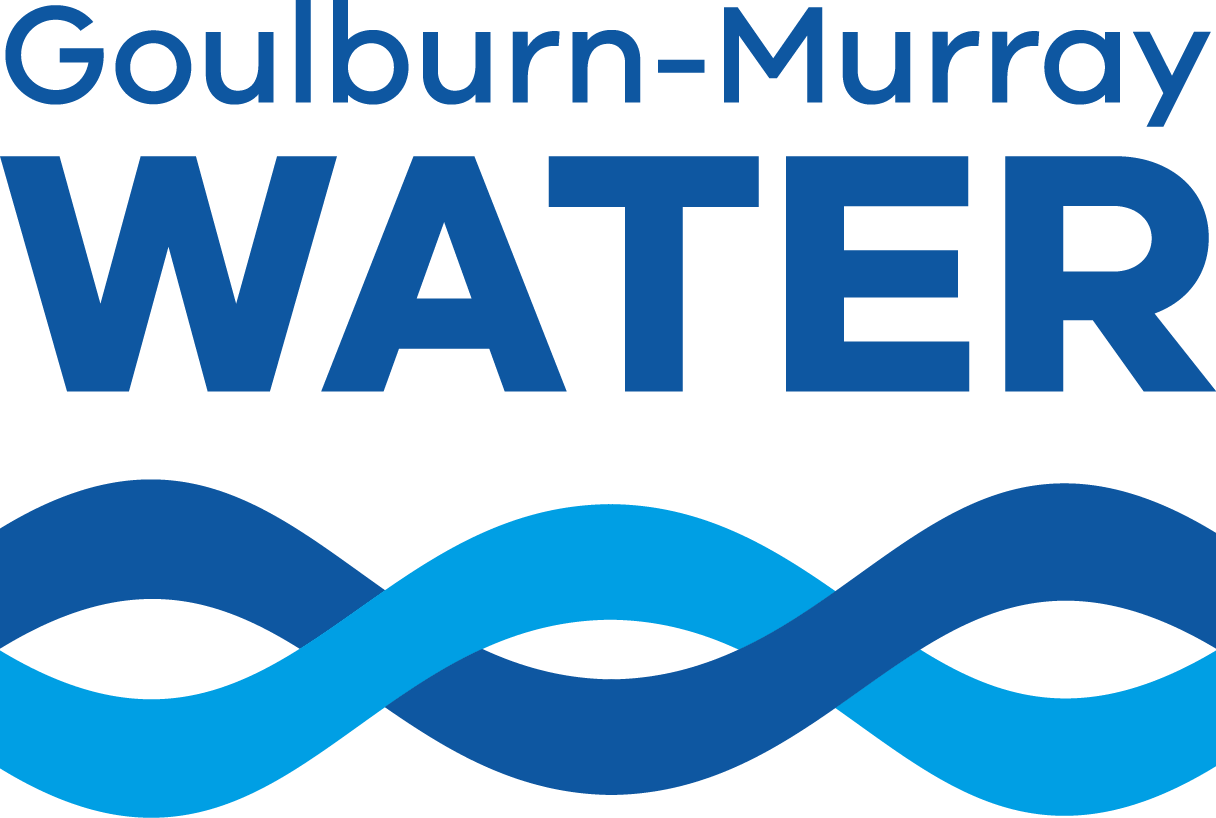Greater certainty for landowners and water users within the Broken system
Broken Reconfiguration Project – Business case
Goulburn-Murray Water has received funding to support the development of a detailed business case for the reconfiguration of the Broken River System.
The detailed business case follows the significant work undertaken to prepare the Broken Reconfiguration Feasibility Study, which was completed in 2024. More information on the completed Feasibility Study and the options investigated is available on the Department of Energy and Climate webpage: Broken Reconfiguration Project
The Broken System
The Broken River System is located in north-eastern Victoria. Over the past few decades, average annual water inflows to the Broken System have significantly decreased and become more variable. This has resulted in a decline in system reliability, which is contributing to the challenges of irrigating within the system as it is currently operating.
The scope of the Broken Reconfiguration Project covers the regulated part of the Broken Basin. The Broken Basin is made up of the Broken River, which is a tributary of the Goulburn River, and the Broken Creek, which is an effluent stream that diverges from the Broken River at Casey’s Weir and flows in a north-westerly direction to the Murray River. The project area comprises the section of the Broken River from Lake Nillahcootie to its confluence with the Goulburn River at Shepparton, and the Upper Broken Creek, from the Broken River offtake at Casey’s Weir to Waggarandall Weir.

Resilient Water Program
In the time since the Broken Reconfiguration Feasibility Study was completed, the Resilient Water Program – a division of Goulburn-Murray Water – has been working closely with the Department of Energy, Environment and Climate Action (DEECA) to secure funding for the development of a detailed Business Case. The Resilient Water Program has now been tasked with preparing the detailed business case.
The Resilient Water Program follows a governance and resourcing framework which successfully delivered the Connections Project, Water Efficiency Project and Mitiamo Pipeline Project.
The Program Team will be making every effort to work with landowners and customers to develop a compelling funding submission for the Commonwealth with the aim of securing the necessary funding to achieve a more resilient and sustainable Broken River System.
Project aims
The overall objective of the Broken Reconfiguration Project is to remove demand on the Broken River system through:
- targeted voluntary water entitlement purchases; and
- system reconfiguration that aligns with the changed demand through decommissioning of infrastructure and construction of new pipelines and connections to supply customers previously supplied by waterways.
-
-
Enhanced environmental, cultural heritage and recreational outcomes across the Broken system
-
Improved water quality
-
Increased system reliability for water entitlement holders through redistribution of a portion of the water recovered
-
Increased domestic and stock water supply security and improved resilience against drought
-
A share of water recovery for the environment to support the objectives of the Murray-Darling Basin Plan
-
A share of water recovery to support cultural outcomes for Traditional Owners in water access and management
Next steps
The detailed business case must be completed and submitted to the Commonwealth in March 2026.
The Resilient Water Program will provide further updates on progress including a summary of discussions held with the Stakeholder Consultative Committee convened to assist with the preparation of a business case for the Broken Reconfiguration Project.
Your say
The Resilient Water Program is always willing to hear your feedback and respond to any queries you may have about the preparation of the business case.
If you would like to contact us, please email ResilientWater@gmwater.com.au.
Otherwise, please feel free to provide a response via the form provided below:





